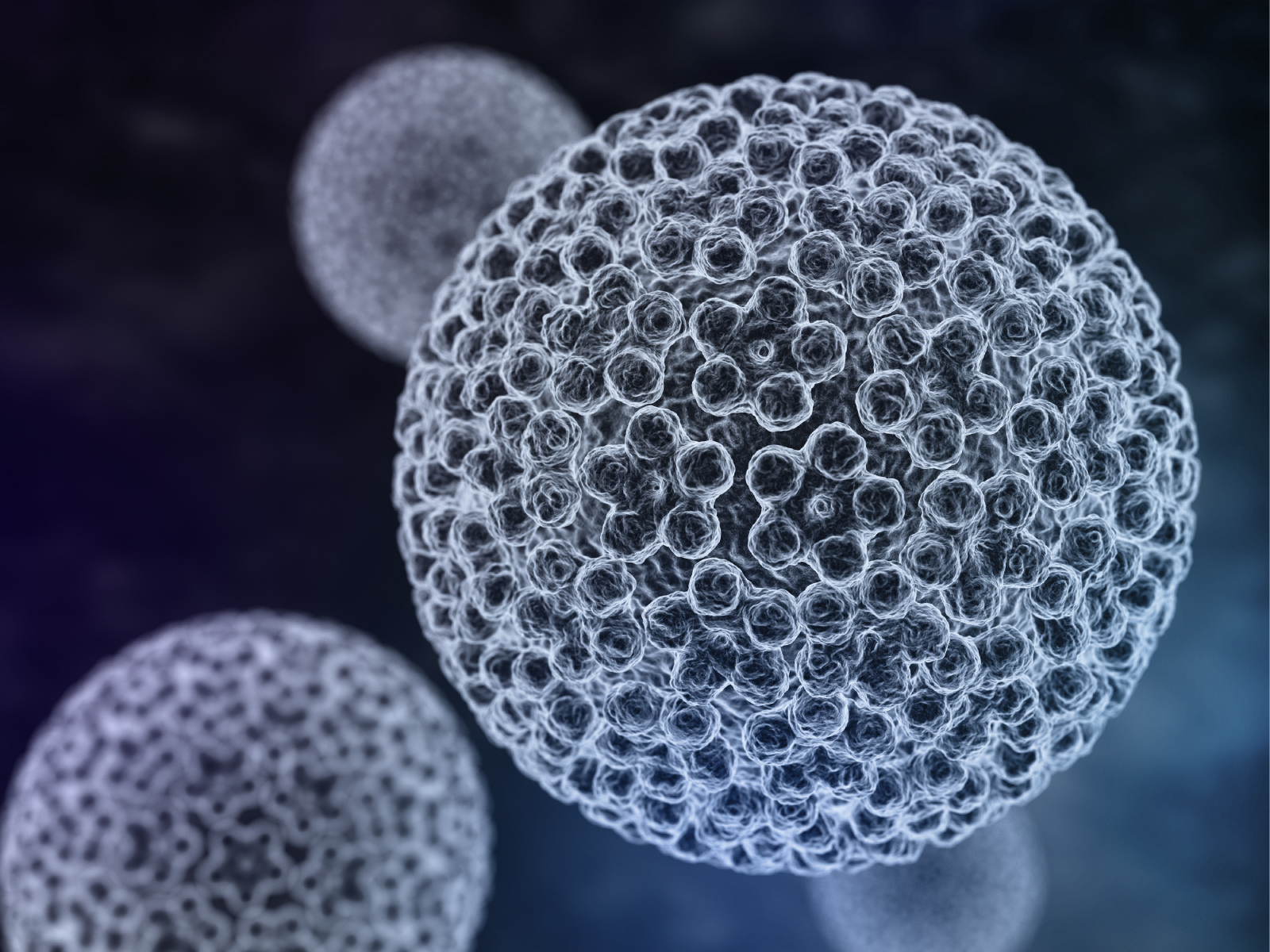Juno restarts CAR-T trial after deaths

A mid-stage trial of Juno Therapeutics’ cancer killing T-cell is back on, after the US regulator last week called for a halt following two patient deaths.
The US Food and Drug Administration said the ROCKET phase 2 trial can restart under a revised protocol using JCAR015 T-cells with cyclophosphamide pre-conditioning only.
The trial is investigating JCAR015 in adults with relapsed or refractory B cell acute lymphoblastic leukaemia.
All three deaths were in young patients under the age of 25, and all were due to cerebral oedema.
Juno said last week that the deaths were related to the addition of fludarabine chemotherapy to the pre-conditioning regimen. This part of treatment has been dropped in the new protocol.
The news sent shares in Juno soaring in after-hours trading, after a slump when news about the trial deaths broke on Friday.
Shares in rival T-cell biotech Kite Pharma had also fallen after Juno’s setback, as its lead candidate uses the same CD28 co-stimulatory mechanism as JCAR015.
Chimeric antigen receptor T-cell (CAR-T) therapies are expected to produce a new wave of cancer immunotherapies, following the success of drugs such as Bristol-Myers Squibb’s Opdivo (nivolumab), which work by instructing T-cells from the body’s immune system to attack cancer.
In this case, T cells are genetically engineered to attack the B cells that become malignant in some blood cancer types.
The potential pharma companies see in this type of therapy was demonstrated last year, when Juno signed a decade-long, billion-dollar deal with Celgene to develop CAR-T therapies.
Hans Bishop, Juno’s CEO, said last week that the events on the trial had been a “humbling experience.”
While the trial has been given the go-ahead to re-start, safety concerns aren't confined to the pre-conditioning with fludarabine, and fears of a wider class effect haven't been ruled out. Any further deaths in Juno trials or in other CAR-T trials could set back the drugs for years or even lead to some being abandoned entirely.













